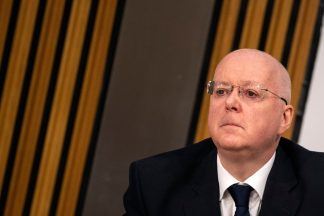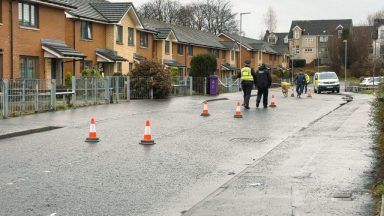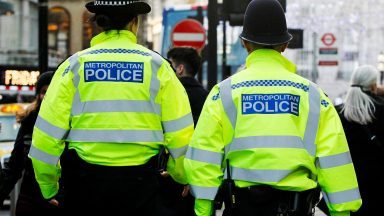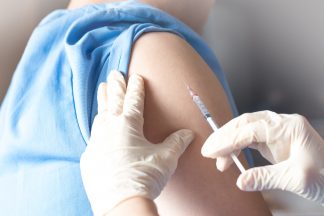ITV News Social Affairs Correspondent Sarah Corker and Senior Producer Lottie Kilraine reports
The government has apologised to victims of the DES drug scandal after a year-long ITV News investigation exposed the scale of the harm caused by the dangerous pregnancy drug, that was prescribed to women on the NHS for decades.
Stilbestrol, commonly known as DES, was a synthetic hormone prescribed to an estimated 300,000 women on the NHS between the late 1930s and 1980s to treat several issues, including miscarriage, until it was linked to rare cancers and infertility in the daughters of those who took it.
Health secretary Wes Streeting recognised the “harrowing” experiences of the people affected by the drug, adding that women “understandably feel that their healthcare system failed”.
This is the first time health authorities have publicly recognised the harm caused by DES, after our investigation exposed that warnings about the sinister side effects of the drug were not acted on for decades.
In the letter seen by ITV News, Streeting wrote: “I am genuinely sorry that women and their families have suffered for too long.
“It is only understandable that they feel their healthcare system failed to address this pattern of multigenerational harm by inadequately informing people and protecting them from known harmful effects of DES.”
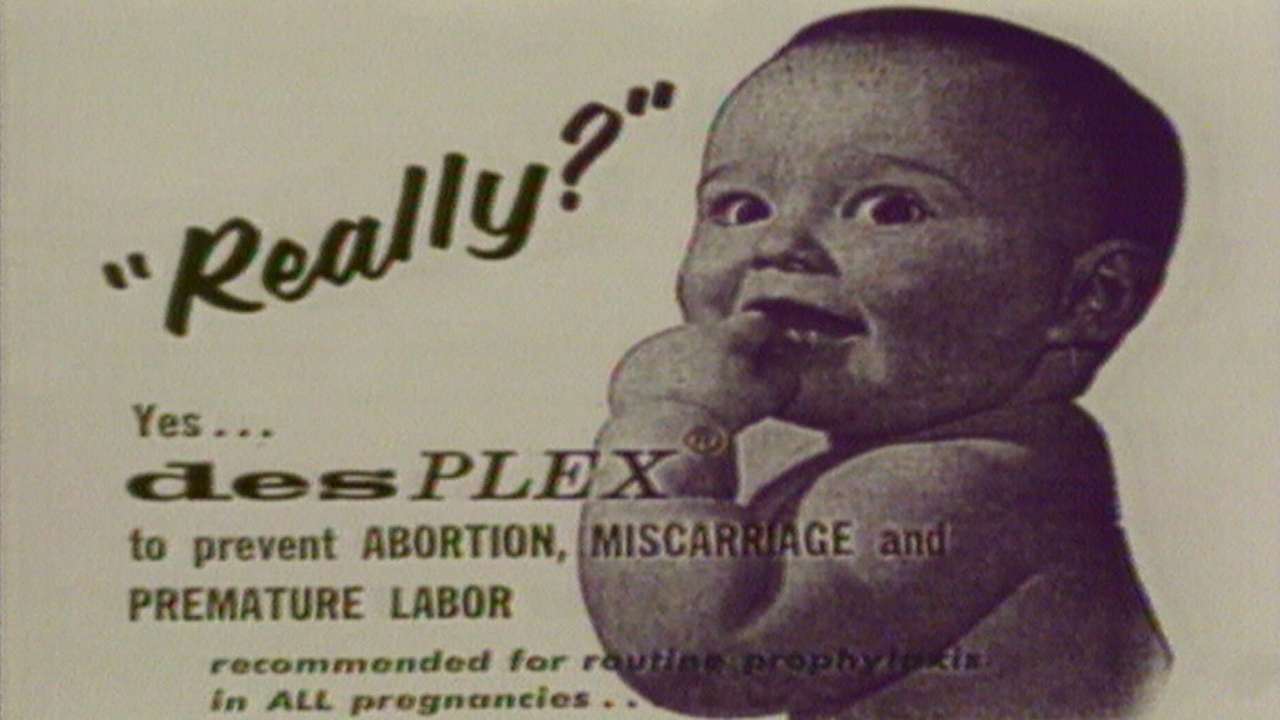
Campaigners have welcomed today’s recognition of their suffering and hope it may lead to improved healthcare and awareness of DES.
Jan Hall, 75, from Bournemouth, was personally named in the health secretary’s letter.
She believes her mother Rita was prescribed DES during three pregnancies and that exposure contributed to her death, aged 32, from breast cancer in 1951, when Jan was a toddler.
She has suffered a lifetime of health problems, including a diagnosis of cervical cancer in her twenties.
“I feel that this apology is a huge step forward after so many years of campaigning, it makes it feel worthwhile,” Jan told ITV News.
“I think it was very difficult for the government to have accepted this, but the evidence is clear that for many, many years they have avoided answering the questions.”
Jan Hall, 75, from Bournemouth, was personally named in the health secretary’s letter and said the apology makes her campaigning feel ‘worthwhile’
Jan’s daughters have also had gynaecological problems, including abnormal smears and pre-cancerous cells in the cervix, but said doctors aren’t taking their concerns about DES seriously.
She now fears for the future of her grandchildren, as the generational impacts of the drug are still under-researched.
“It’s a man-made disaster,” she said. “It wasn’t intentionally done, but once they knew the risks, it was continued to be used, and that is horrendous.”
Jan’s story prompted hundreds of women to contact us to share their own experiences of being given the drug.
Since then, more than 300 victims have formed DES Justice UK, which launched in November.
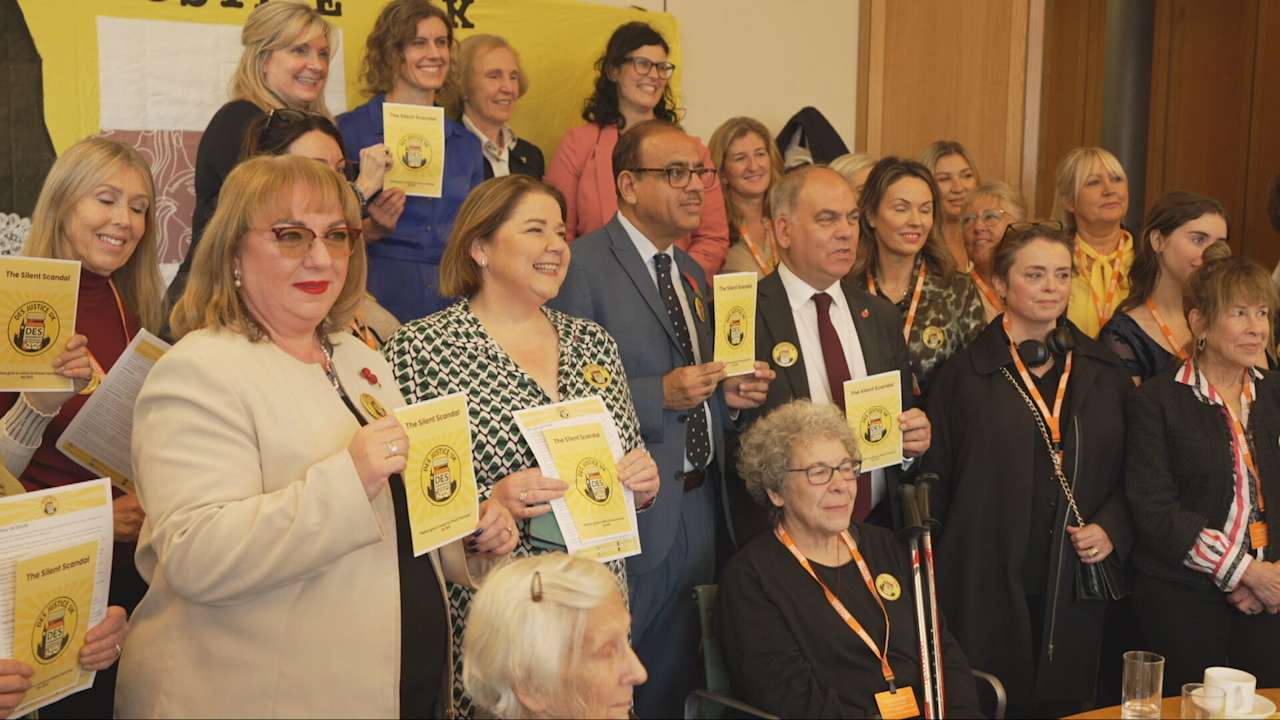
It was Jan’s MP Jessica Toale who has led calls for urgent action in parliament over the scandal, after hearing her constituent’s story on ITV News.
In July, she wrote a letter signed by 37 cross-party MPs to Health Secretary Wes Streeting calling on the him to formally apologise to victims and to commit to enhanced cancer screenings for those exposed.
Ms Toale told ITV News she believes DES is “potentially one of the biggest pharmaceutical scandals we will ever have seen in British history”.
Four months on, the health secretary’s reply commits to doing more to raise awareness among health professionals about the associated harms with exposure to the drug.
“These women have been suffering in relative silence for years but now – thanks to an ITV investigation, intervention by MPs like myself and this government – they are a big step closer to getting the justice and support they deserve and need,” she added.
Campaigners have welcomed the recognition of their suffering and hope it may lead to improved health care, and awareness of the drug DES, ITV News Social Affairs Correspondent Sarah Corker explains
This is a significant moment in the campaign for justice; however, the letter is carefully worded.
The health secretary has acknowledged the harm, but has not accepted liability.
Our investigation found that there were warnings about the dangerous side effects of DES, but they were not acted on for decades.
In September, the medicines regulator (MHRA) admitted it had misled the public for up to 25 years about when the drug was withdrawn and issued an apology last month.
The MHRA had falsely claimed that doctors were advised to stop using the drug for use in pre-menopausal women in 1973, a statement that our reporting has exposed as inaccurate.
In September 2025, the regulator admitted that information was incorrect, and the drug was not stopped for use in pregnancy until the 1980s, more than a decade after cancer risks were known.
DES, originally called Diethylstilboestrol, is a synthetic oestrogen invented in Britain in 1939. Research suggests pregnant women who took DES may have a 30% higher risk of breast cancer.
Their daughters, known as DES daughters, exposed in the womb, are at an increased risk of clear cell cancer of the cervix and vagina, which is not picked up by routine screening.
DES Justice UK is now calling on Mr Streeting to meet the campaigners to hear their stories first hand and launch a full statutory public inquiry, with clear recommendations followed by swift actions.
Information or support about the issues raised in this report can be found online:
- Information on Diethylstilbestrol (DES) Exposure and Cancer
- Legal firm Broudie Jackson Canter has set up a campaign page for DES exposed people
- There is information on cervical cancer and breast cancer on the NHS website
- Information on the government screening programme can be
- If you think you need medical help right now, please contact your GP or visit 111 online, or call 999 in an emergency.
If you or anyone you know has been affected by this issue or has a story to share, you can get in touch by emailing: socialaffairs@itv.com
Follow STV News on WhatsApp
Scan the QR code on your mobile device for all the latest news from around the country








